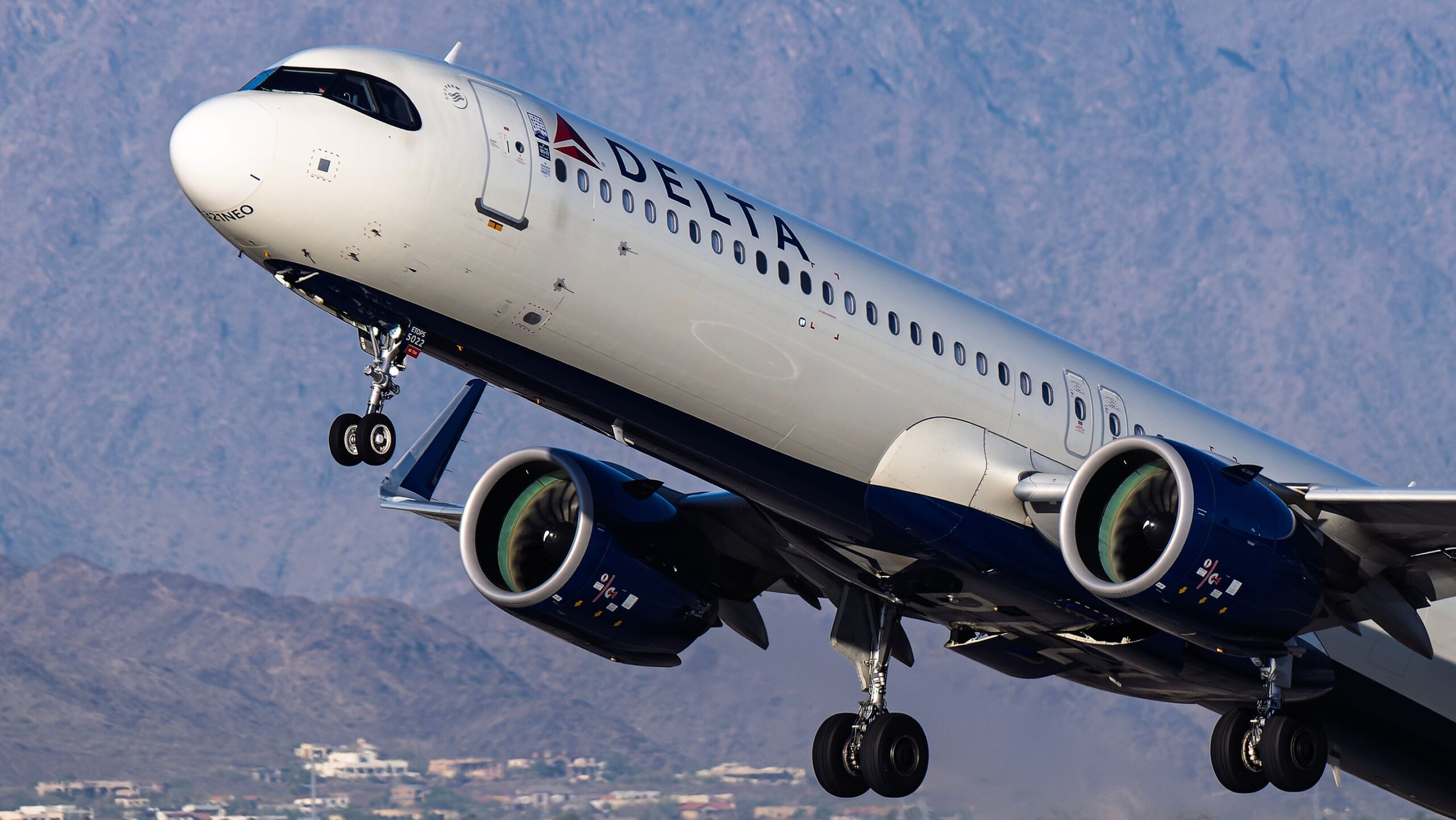Delta Air Lines has implemented a novel strategy to navigate the challenging tariff landscape between the United States and Europe. Faced with additional fees imposed on certain aircraft imports from the European aerospace manufacturer Airbus, the Atlanta-based airline has begun repurposing American-built engines from newly acquired aircraft. This approach allows Delta to avoid the 10% tariff that would apply to importing complete jets, alleviating some financial pressure in an industry already grappling with tight profit margins.
By removing U.S.-manufactured engines from new Airbus aircraft assembled in Europe, Delta can transport these engines back to the United States without incurring tariffs. Once back home, the airline intends to install the engines on grounded aircraft that have been facing operational issues due to problems with their original Pratt and Whitney engines. This innovative solution enables Delta to maintain fleet growth without the burden of higher acquisition costs for new Airbus jets, according to a report from The Detroit News.
Operational Challenges and Growth Strategies
Delta’s Chief Executive Officer, Ed Bastian, has articulated the airline’s determination to navigate tariff implications effectively. He stated, “We are not planning to pay tariffs on aircraft deliveries.” His comments underscore the company’s proactive measures in addressing the financial implications of tariffs while enhancing operational efficiency.
Even as Delta finds ways to optimize its fleet, some aircraft remain in limbo. The jets, stripped of engines, are currently unable to be delivered due to two significant hurdles: the aforementioned tariffs and pending regulatory approval for the aircraft’s seating configurations. This situation mirrors challenges faced by other airlines, such as Lufthansa, which encountered delays with its Boeing 787-9 jets last year due to unapproved cabin interiors.
Navigating these regulatory landscapes poses significant challenges for airlines like Delta and Lufthansa, which rely heavily on long-haul operations. As Delta seeks to innovate, it is also facing the reality of grounded aircraft on the other side of the Atlantic Ocean.
Alternative Solutions to Tariff Issues
Delta’s engine repurposing strategy is not its only approach to circumvent tariffs. The airline has previously taken delivery of Airbus A350 jets by routing them through other countries, allowing them to enter service without being subject to U.S. tariffs. This method has enabled Delta to operate new aircraft while sidestepping substantial import costs.
Interestingly, not all Airbus jets are affected by the 10% tariff. Airbus operates assembly lines in various locations, including Mobile, Alabama, where aircraft can be manufactured without incurring the additional fees. This flexibility provides U.S.-based Airbus operators with a competitive edge, allowing them to manage costs more effectively.
As the airline industry continues to navigate uncertainties surrounding trade policies and travel demand, Delta Air Lines exemplifies how creativity and strategic thinking can help mitigate financial burdens. The company’s unorthodox yet effective solutions reflect a broader trend among airlines striving to adapt to an evolving market landscape.
With ongoing challenges and the potential for future tariff adjustments, Delta’s innovative strategies may serve as a model for other carriers facing similar issues in the global aviation sector.
